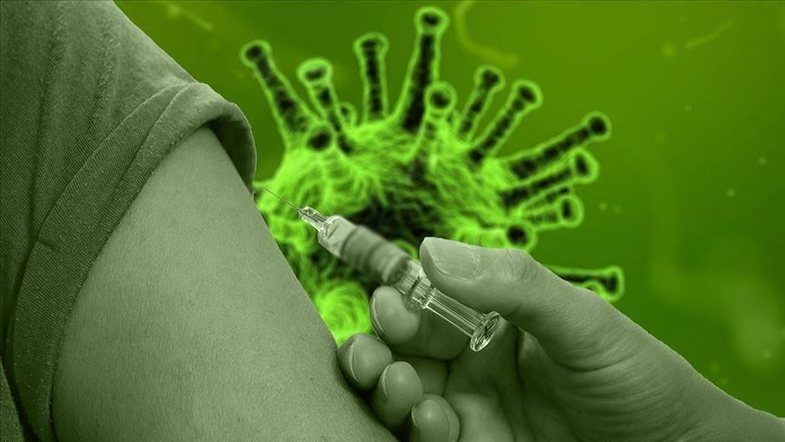
AstraZeneca and the University of Oxford on Wednesday admitted a mistake in the production of their vaccine, which is raising questions about the preliminary results of the experimental vaccine against Covid-19. A statement describing the error came days after the company and the university considered the vaccine to be very effective and did not mention why some study participants did not receive the same dose of the vaccine.
The group of volunteers who took a lower dose appeared to be much better protected than the volunteers who took two full doses. In the low-dose group, AstraZeneca said, the vaccine appears to be 90% effective. In the group that received two full doses, the vaccine was 62% effective. Combined, the drug manufacturers said the vaccine appears to be 70% effective. But the way the results are reported by companies has influenced experts to raise questions.
The partial results announced Monday are from large ongoing studies in the UK and Brazil done to determine the minimum dose of the vaccine as well as to examine safety and effectiveness.
Did the researchers plan to give the volunteers a half-dose vaccine?
Before starting their studies, the scientists show all the steps they will take and how they will analyze the results. Any deviation from the protocol can cast doubt on the results. In a statement Wednesday, Oxford University said some of the bottles used during the trials did not have the proper vaccine concentration, so some volunteers took half the dose. The university said it discussed the issue with regulators and agreed to complete the late-stage trial with two groups. The production problem has been corrected, according to the statement.
What about the results?
Experts say the relatively small number of people in the low-dose group makes it difficult to know if the effectiveness is real. Likewise, none of the people who received the lowest dose of the vaccine were over 55 years old. Young people tend to have a stronger immune response than older people, so it may happen that young people participating in the low-dose group is why the vaccine proved more effective, so the dose may not be relevant.
Një tjetër pikë e konfuzionit vjen nga një vendim për të bashkuar rezultate nga dy grupe pjesëmarrësish që morën nivele të ndryshme dozash për të arritur një mesatare prej 70% të efektivitetit, tha David Salisbury, ekspert i shëndetit global. “Ju keni marrë dy studime për të cilat janë përdorur doza të ndryshme dhe keni dalë me një përbërje që nuk përfaqëson asnjërën prej dozave,” u shpreh ai.
Pse një dozë e ulët do të ishte më efektive?
Oxford researchers say they are unsure and they are working to find out why. Prof. Sarah Gilbert, one of the Oxford scientists who leads the research, said the answer is probably to provide the right amount of vaccine to trigger the best immune response. Details of the test results will be published in medical journals and provided to UK regulators so that they can decide whether to authorize the distribution of the vaccine.
Sources: CNBC, Guardian





